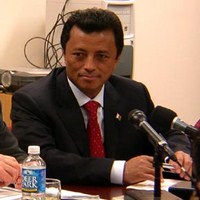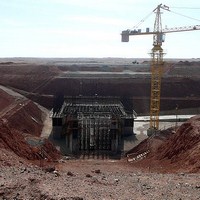
Observers looking for evidence of the importance of a sound international financial regulatory architecture in an age of financial globalization should look no further than the recent global financial crisis. The crisis laid bare the limitations of the global financial architecture that had emerged in a piecemeal fashion since the collapse of the Bretton Woods system in the early 1970s. To begin with, the crisis demonstrated the inadequacy of the Basel Accords, which for three decades formed the core of the international banking regulatory regime. The Basel Committee of central bankers had spent the better part of the late 1990s […]




